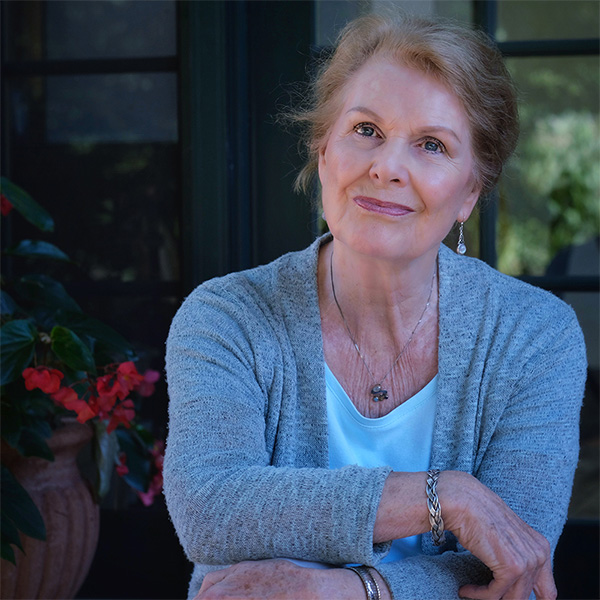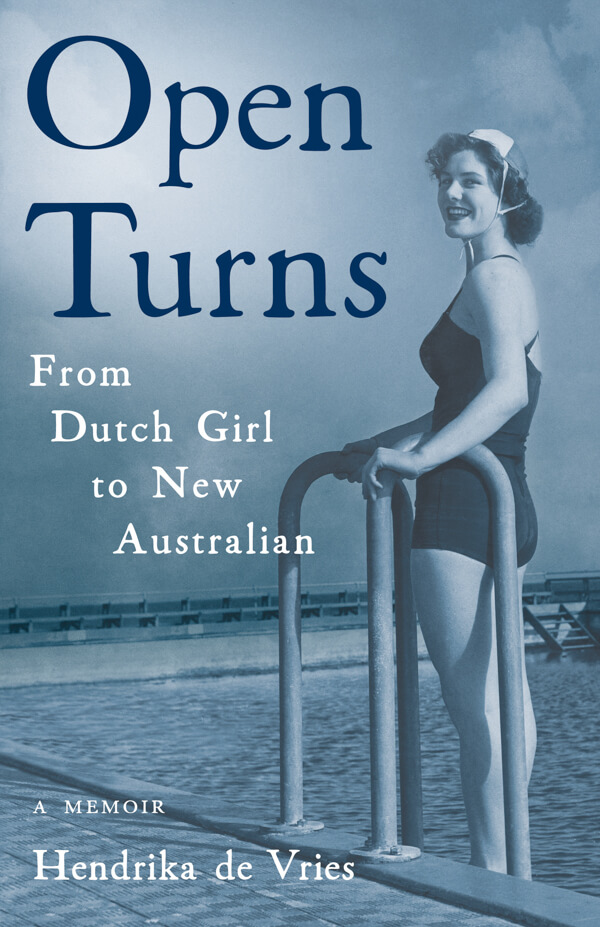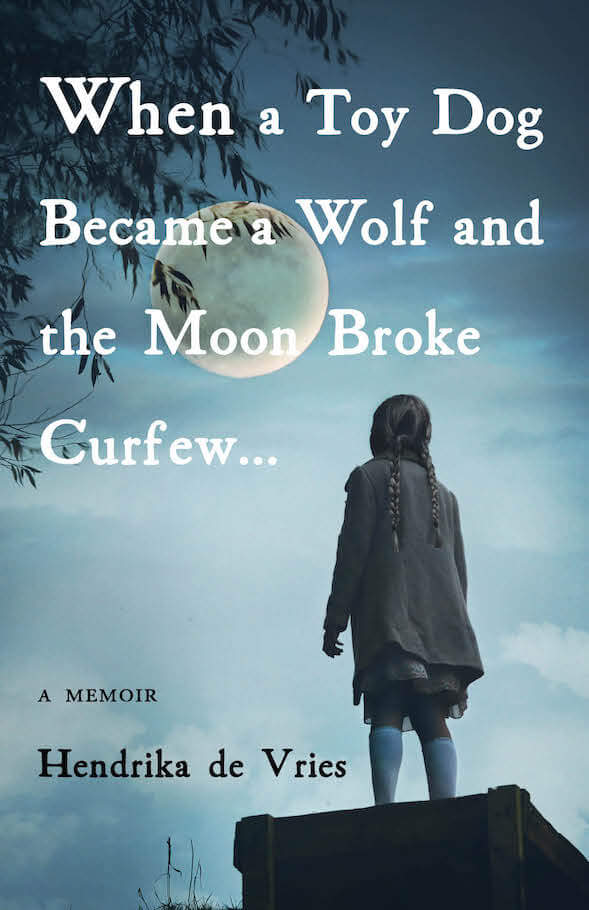
Hendrika de Vries is a retired family therapist, a teacher, and a writer. Her life experiences with oppression and resistance in Nazi-occupied Amsterdam, migration, competitive swimming, misogyny in 1950s Australia, and feminism in the US, infuse her writing with historical depth and personal perspective on challenges facing women and anyone deemed other. She is the author of When a Toy Dog Became a Wolf and the Moon Broke Curfew, award-winning memoir of her WWII childhood. She lives in Santa Barbara, CA
about Open Turns: From Dutch Girl to New Australian

Henny was just a little girl when she experienced brutal violence and hunger in WWII Amsterdam, but she is now a teenage immigrant swimmer in 1950s Australia where she must learn to turn challenges into success. She is smart, she swims fast, and she has definite opinions about the kind of woman she intends to be.
She hears the timeless Land speak and sees the Southern Cross as a beacon when she walks in the bush with her father. She enjoys swimming star fame and championship victories and turns to the pool in her search to belong, to face fears and dashed hopes, until at every turn she sees more clearly her unique path ahead.
“Intentions are like prayers, if you pay attention they come back as destiny,” her mother has taught her. Is it intention or destiny that propels this young New Australian into her future long life?
about When a Toy Dog Became a Wolf and the Moon Broke Curfew

Born in the Netherlands at a time when girls are to be housewives and mothers and nothing else, Hendrika de Vries is a “daddy’s girl” until her father is deported from Nazi-occupied Amsterdam to a POW camp in Germany and her mother joins the Resistance. In the aftermath of her father’s departure, Hendrika watches as freedoms formerly taken for granted are eroded with escalating brutality by men with swastika armbands who aim to exterminate those they deem “inferior” and those who do not obey.
As time goes on, Hendrika absorbs her mother’s strength and faith, and learns about moral choice and forced silence. She sees her hidden Jewish “stepsister” betrayed, and her mother interrogated at gunpoint. She and her mother suffer near starvation, and they narrowly escape death on the day of liberation. But they survive it all―and through these harrowing experiences, Hendrika discovers the woman she wants to become.

